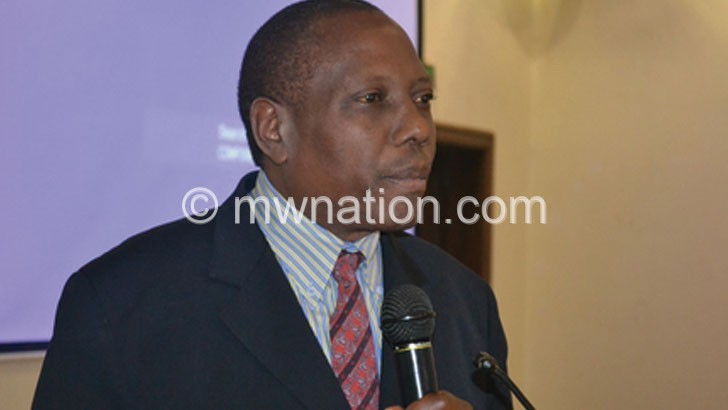Economists call for unity in implementing MGDS III
As the country is yet to implement the third Malawi Growth and Development Strategy (MGDS III), economics analysts have called for unity to ensure sustainable and inclusive growth.
Chancellor College economics professor Ben Kaluwa said Wednesday there is need for the country to work together towards the common goal to limit the strategy from being subjected to inconsistencies as was the case with the other development tools.

“We have to make hard decisions. We may suffer in the short term but we would benefit in the long term,” he said.
Kaluwa further said while implementing the strategy, the country should take serious interest in developing the tertiary sector including the hospitality and telecommunications sectors which have been a source of fast growth.
He explained that innovations in the mobile sector have been responsible for creating quite a bit of employment in the country.
In a separate interview, Catholic University head of economics department Gilbert Kachamba said there is need for good resource management to ensure low wastage and a strong political will to meet the set goals within the set timeframe.
“What went wrong [with the previous strategies] is the lack of continuity when government leadership changes. But the policy documents that Malawi develops are brilliant but implementation is poor,” said Kachamba.
While the country posted some commendable growth rates over the implementation periods of MGDS I and II, it was argued that the growth rates were neither sustained nor inclusive and the blue print had too many priorities that lacked synergy and leverage.
Assessments show that progress was notably slow in eradicating extreme poverty and hunger with 50.7 percent of the population still living under the poverty line and about 25 percent of the population is still considered as ultra-poor.
In their assessment letter to the International Monetary Fund (IMF), the World Bank noted that notwithstanding the improvements in non-income dimensions of poverty, monetary poverty in Malawi remains pervasive and largely stagnant, especially in rural areas.





